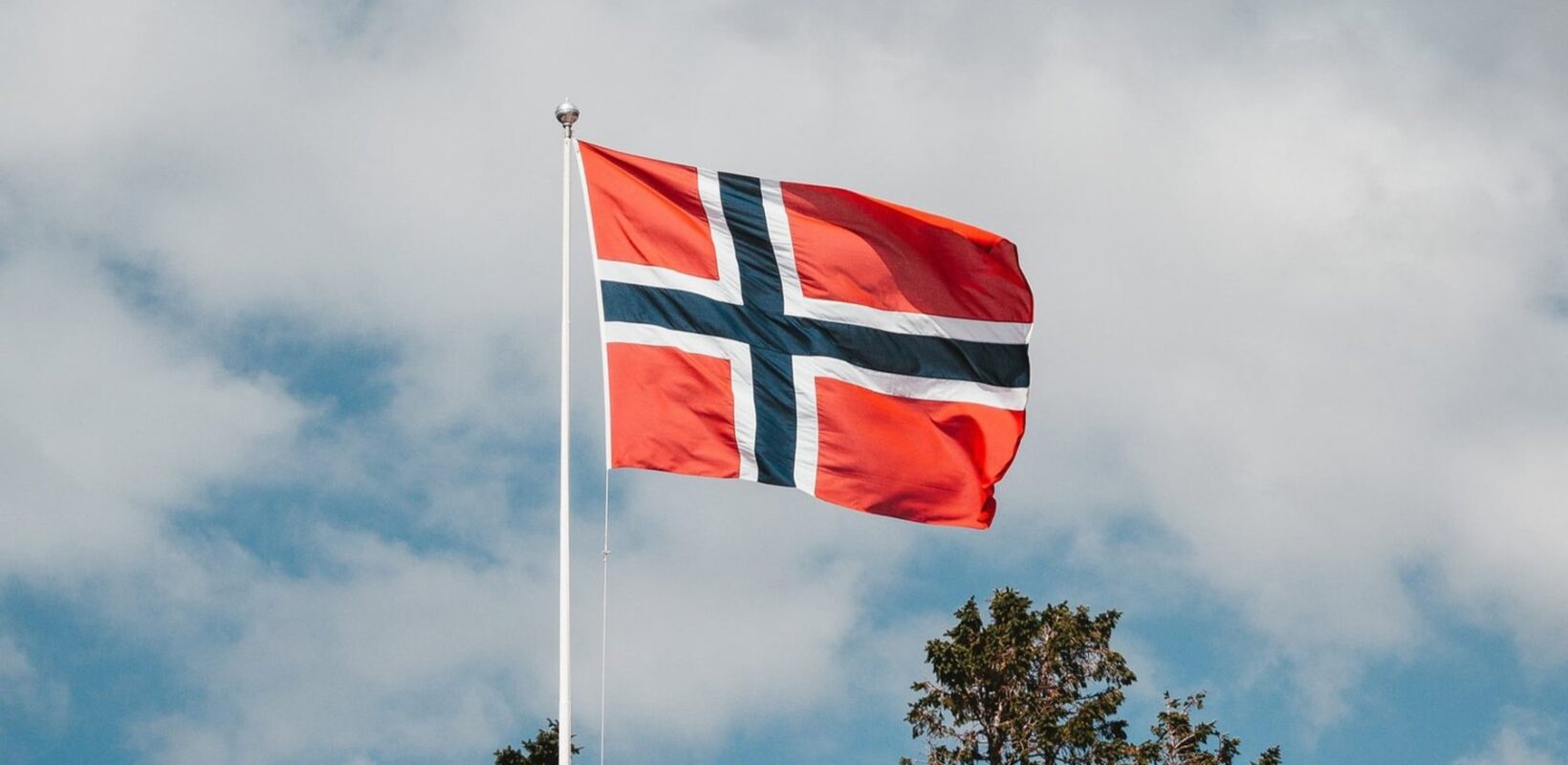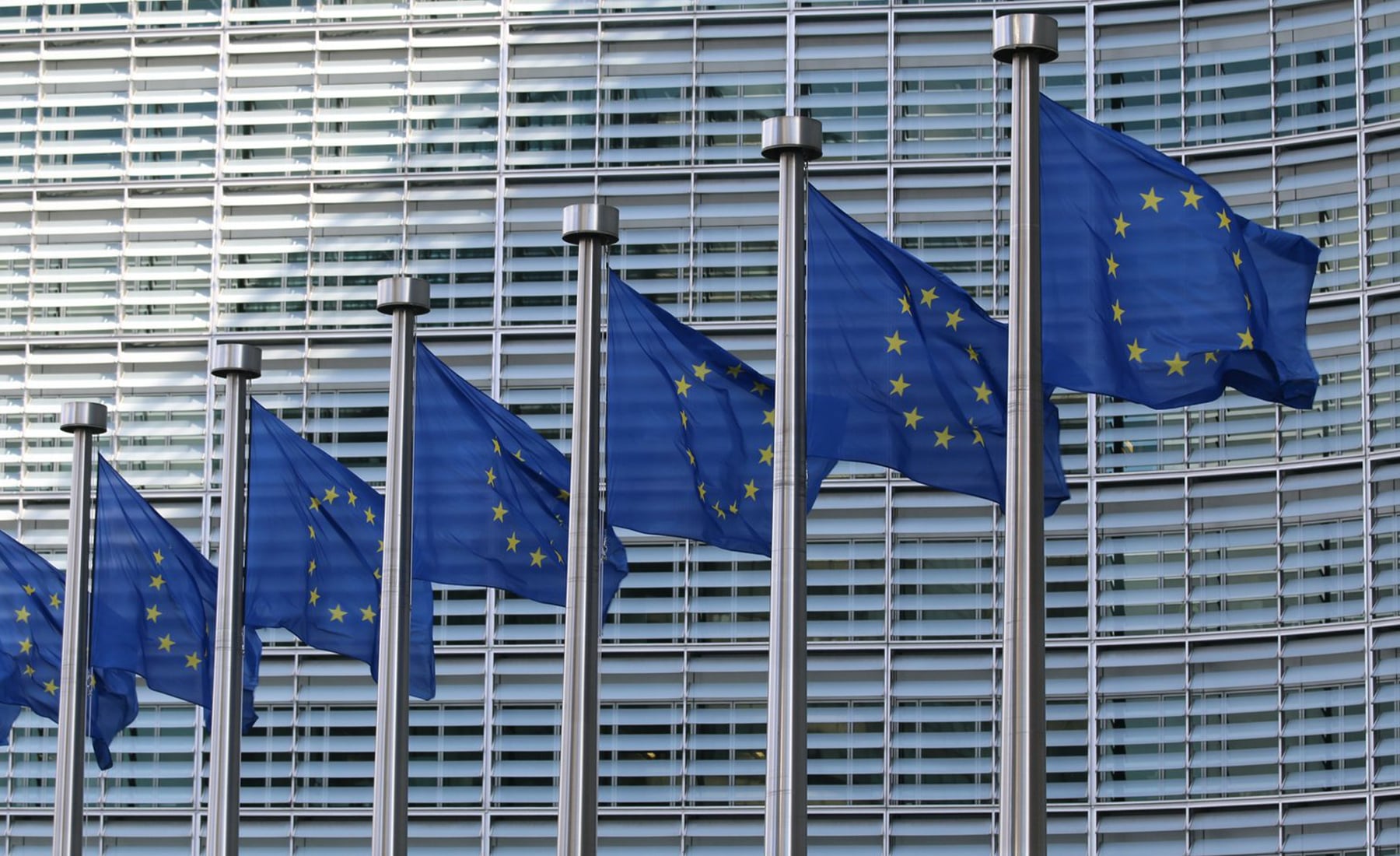
Achieving compliance with the Norwegian Transparency Act
Kumi is supporting companies and industry schemes to comply with Norway’s Transparency Act relating to enterprises’ transparency and work on fundamental human rights and decent working conditions (the Norwegian Transparency Act, Åpenhetsloven).
The Norwegian Transparency Act takes effect from 1st July 2022 and applies to enterprises in Norway that provide goods and services, and foreign large enterprises that provide goods and services that are taxable in Norway.
Companies needing to achieve Norwegian Transparency Act compliance
Enterprises meeting at least two of the criteria below are in scope for complying with the Act:
- Sales revenues of NOK 70 million or above (approx. USD 8 million).
- Balance sheet total of NOK 35 million or above (approx. USD 4 million).
- Average number of employees in the financial year is equivalent to 50 full-time employees.
These thresholds for compliance are much lower than other human rights due diligence requirements such as the French Duty of Vigilance Law and the German Supply Chain Due Diligence Act. Therefore, many companies domiciled in other countries, but with minor operations in Norway, may be surprised to discover that they will need to comply with the Act from 1st July 2022.
The Act’s primary focus is on protecting human rights and decent working conditions by requiring companies to establish robust responsible sourcing management systems that effectively identify and manage supply chain risks.
Kumi helps companies to comply with the Norwegian Transparency Act
Kumi is a specialist advisor on responsible sourcing, based in London and Berlin and supported by a global network of partners and associates.
Our experience of what it takes to set up and practically implement supply chain due diligence programmes within companies, alongside our extensive work with regulators, policymakers, and industry standards, makes us uniquely placed to support companies and schemes needing to understand the practical implications of the Norwegian Transparency Act.
We are already working with companies to meet the expectations of the Norwegian Transparency Act, and other human rights due diligence compliance requirements, in the following ways:
- Gap analysis: Assessing existing management systems to identify strengths and gaps in company approaches against the requirements of the Norwegian Transparency Act and other relevant responsible sourcing expectations. We have significant experience assessing company management systems. For one such example, see our Responsible Sourcing Diagnostic of a Fortune 500 company.
- Developing policies and standards: Reviewing existing documents and drafting improved versions that will meet the requirements of the Norwegian Transparency Act and other relevant responsible sourcing expectations. This builds on our unique insights on the practical implications of legal requirements through our work assessing industry schemes for the European Commission and the OECD.
- Due diligence management systems: Developing management processes and procedures to ensure implementation of compliance requirements. This can include mapping suppliers and developing risk identification and assessment tools and processes. Relevant case studies include our work with a technology company to map its mica supply chain and work with a fashion brand to build a bespoke risk assessment process.
- Defining management accountabilities: An important part of building a robust responsible sourcing management system is ensuring that there is sufficient buy-in from senior management and that staff members are given responsibility for undertaking responsible sourcing activities. We help companies to determine roles and responsibilities for relevant staff and fulfil relevant capacity-building needs. A good example of this is our work supporting a PGM refiner to comply with LPPM requirements.
- Reporting: Due diligence reports provide transparency and accountability to relevant stakeholders on your efforts towards responsible sourcing. We help companies draft reports that meet good practice expectations. An example where Kumi has supported a company to report according to good practice recommendations for due diligence is OneMed’s 2020 Sustainability Report.
Get in touch
We believe in building strong and lasting relationships with our clients. Kumi’s responsible sourcing advisory team would be delighted to discuss your specific requirements and how we may be able to assist your company. Get in touch with us to find out how we can support you.

